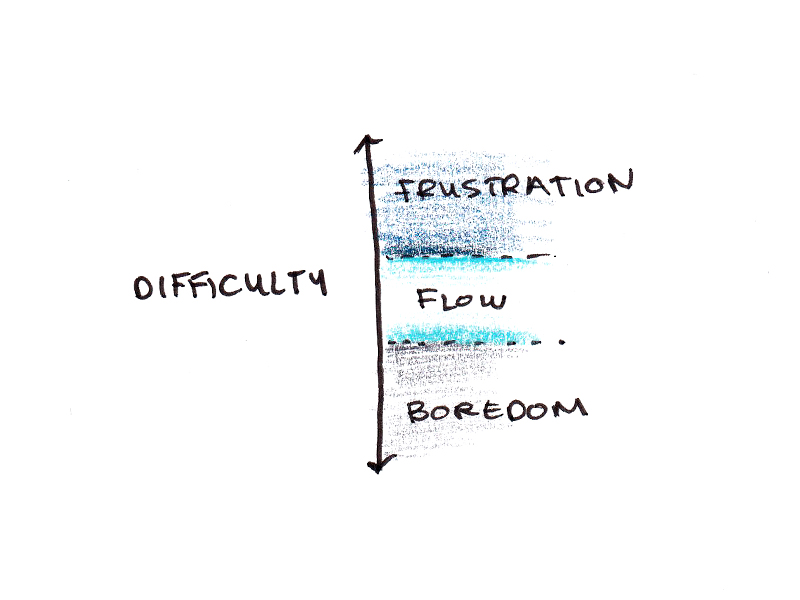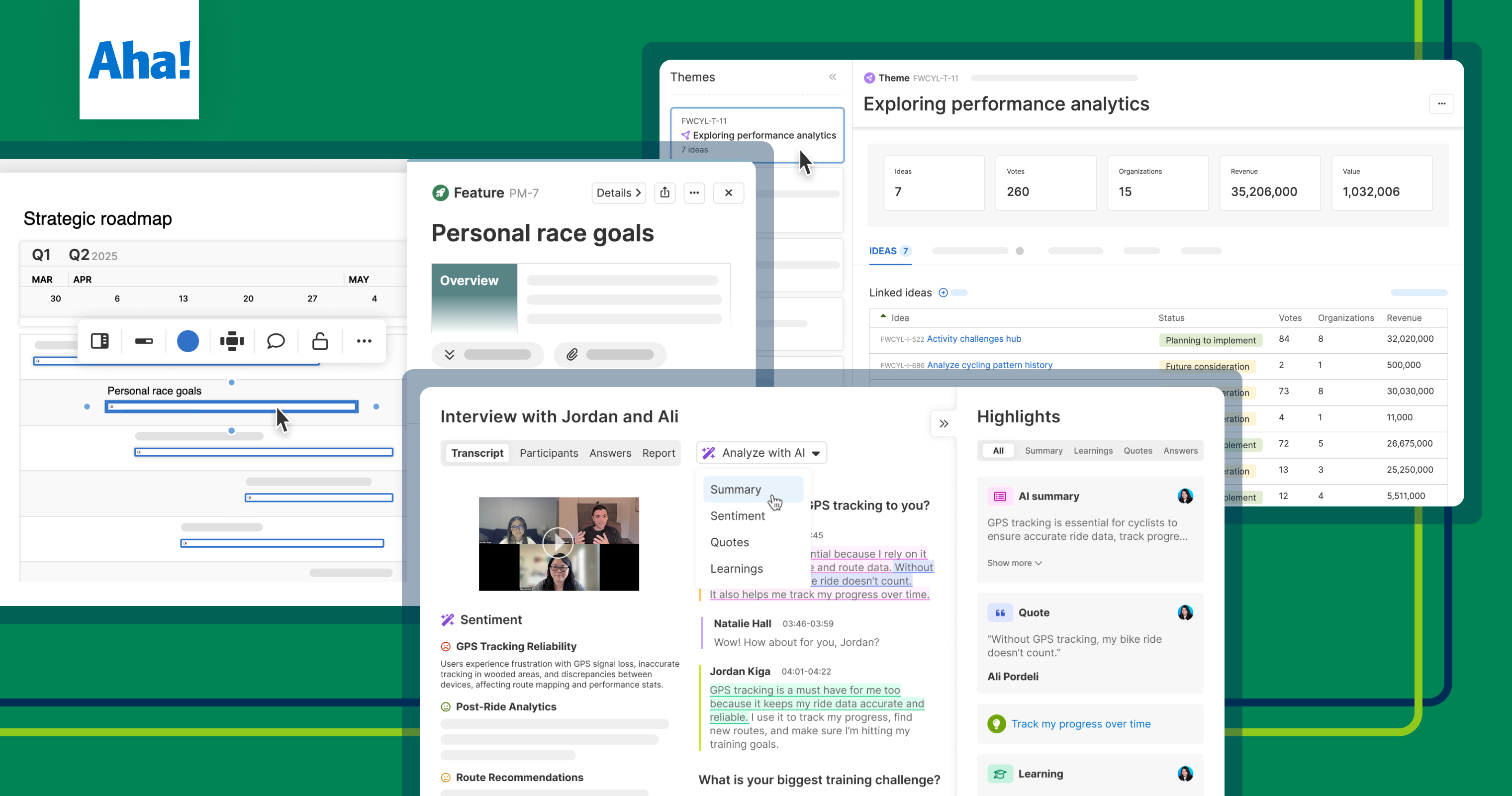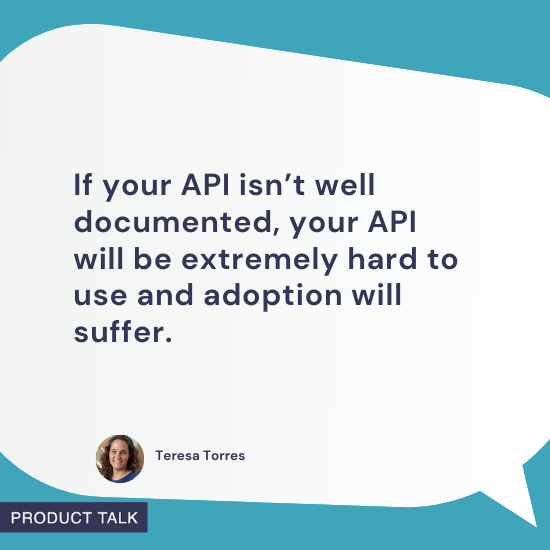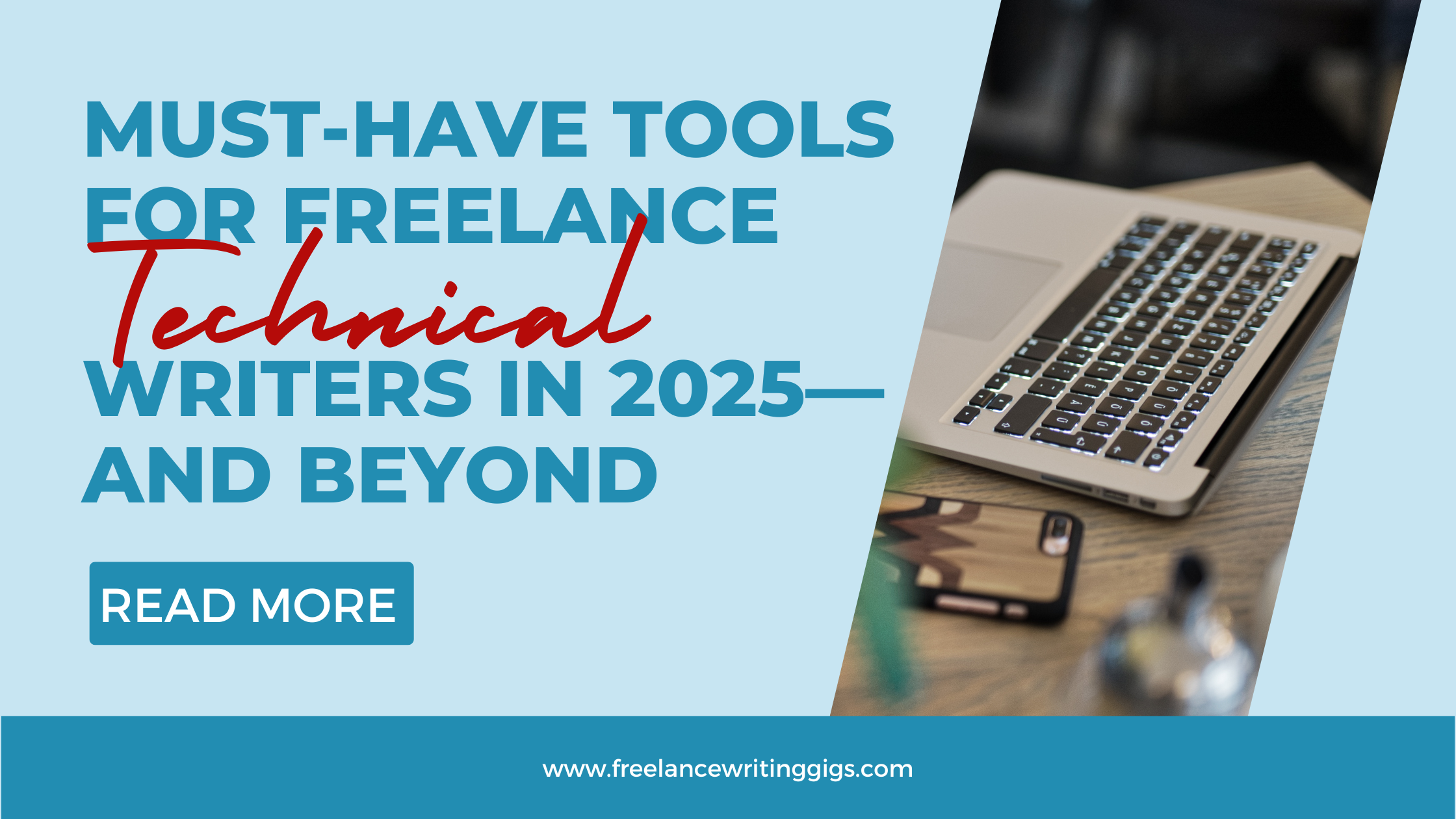in a hiring process, when should I ask about things that are deal-breakers for me?
This post was written by Alison Green and published on Ask a Manager. A reader writes: I’m contemplating a job search and would love your advice on how to raise certain non-negotiable workplace factors — what I’d call “satisficers” — early in the process, without derailing conversations or coming off as naive or high-maintenance. For example, I travel extensively for work (sometimes over 100 hours in transit per […]

This post was written by Alison Green and published on Ask a Manager.
A reader writes:
I’m contemplating a job search and would love your advice on how to raise certain non-negotiable workplace factors — what I’d call “satisficers” — early in the process, without derailing conversations or coming off as naive or high-maintenance.
For example, I travel extensively for work (sometimes over 100 hours in transit per week), and I’m simply not interested in a role that requires flying economy. Most companies in my field provide business class, but a handful don’t. Similarly, I find open-plan offices incredibly stressful and wouldn’t take a job that required one. These aren’t negotiable perks for me; they’re baseline filters. If a company doesn’t offer them, that’s totally fine, but I wouldn’t want to waste everyone’s time going through a protracted interview process only to find out at the offer stage.
One challenge is that the HR person I’m speaking with early on may not fully grasp the realities of the role — especially the sheer amount of travel involved. I don’t want to come off as a prima donna right out of the gate. The conditions I work in can be as basic as tents or mud huts, so it’s not about luxury — it’s about sustainability when spending a huge chunk of my life in transit.
The issue is, these things don’t always come up organically, especially since many interviews are remote now. If I bring them up early, I risk sounding either naive (“Of course we provide that”) or misaligned with company philosophy (“We believe everyone should fly economy”).
What’s the best way to screen for these things early without making it seem like I’m leading with demands?
It’s okay if you sound misaligned with company philosophy if it’s something you’d reject a job over; in that case, you are misaligned with their philosophy (or they’re misaligned with yours) and your whole goal is to find that out early. So don’t let that deter you. Finding out that you’re misaligned on something that’s a deal-breaker for you is the point.
I also wouldn’t worry about sounding naive. You’re not saying “do you offer paychecks?” You’re asking about things that genuinely do vary from company to company.
It’s also not about leading with demands. It’s about saying, “I don’t want to waste your time if we’re not the right match on a couple of points that are important to me.”
You could word it this way: “Over the years I’ve learned there are a couple of things it’s useful to ask about early on so I don’t waste your time if it’s not the right match. I’ve found that most companies fly people in this role business class, because of the sheer number of hours per week spent traveling, but not all do. That’s key to keeping the work sustainable for me so I want to ask about it up-front.” … “I also wanted to ask about the office space — is it open offices, cubicles, private offices, something else?”
You can ask this pretty early on — either in the phone screen or the first interview — since you’re explaining why you’re bringing it up now (i.e., these aren’t small details to you, but things your acceptance would hinge on).
If you’re talking with an HR person, I might hold off on the business class question until you’re talking with the manager, given your concern about HR not fully understanding the amount of travel (whereas the manager definitely should, and the answer you get from them should be more reliable — although it’s also something to confirm again as you’re negotiating the offer, to make sure).


































































































![Building A Digital PR Strategy: 10 Essential Steps for Beginners [With Examples]](https://buzzsumo.com/wp-content/uploads/2023/09/Building-A-Digital-PR-Strategy-10-Essential-Steps-for-Beginners-With-Examples-bblog-masthead.jpg)





![How One Brand Solved the Marketing Attribution Puzzle [Video]](https://contentmarketinginstitute.com/wp-content/uploads/2025/03/marketing-attribution-model-600x338.png?#)


































